Iran has emerged as a major influence in many Middle East conflicts, reaching as far as the Persian Gulf and Mediterranean, providing military support to non-state actors and challenging diplomatic relations.
In the context of the Middle East being "tense as a bowstring" with the conflict between Israel and Hamas in the Gaza Strip, Houthi military attacks in the Red Sea and the US and UK's response, and attacks by pro-Iranian militia groups on US bases in the region, Tehran itself is also facing fierce reactions from global powers.
“We are in the middle of a regional war,” said Sami Nader, an expert at Saint Joseph University in Beirut, Lebanon. “It is true that the intensity is still low, but the whole region is going through a phase of escalation.”
Since the start of the Israel-Hamas conflict in Gaza last October, US officials say Iran has become more involved, funding militant groups such as Hezbollah, Hamas, Houthi… forming an alliance that Tehran calls the “axis of resistance”.
A drone attack on a US military outpost in Jordan on January 28 killed three US soldiers. The Biden administration blamed an Iran-backed group and vowed to respond.
Several issues, both diplomatic and military, are why Iran is involved in the current Middle East tensions .
"Axis of Resistance"
According to the New York Times, Iran has invested in building proxy forces in the region to show off its military power, including Hezbollah in Lebanon, Houthi in Yemen, Shiite militias in Iraq and Hamas in Gaza. These forces carry out attacks on foreign forces but not from Iranian territory.
However, while fighting Western troops is the goal of various militant groups, Tehran only supports them with military and financial might, not ideologically.
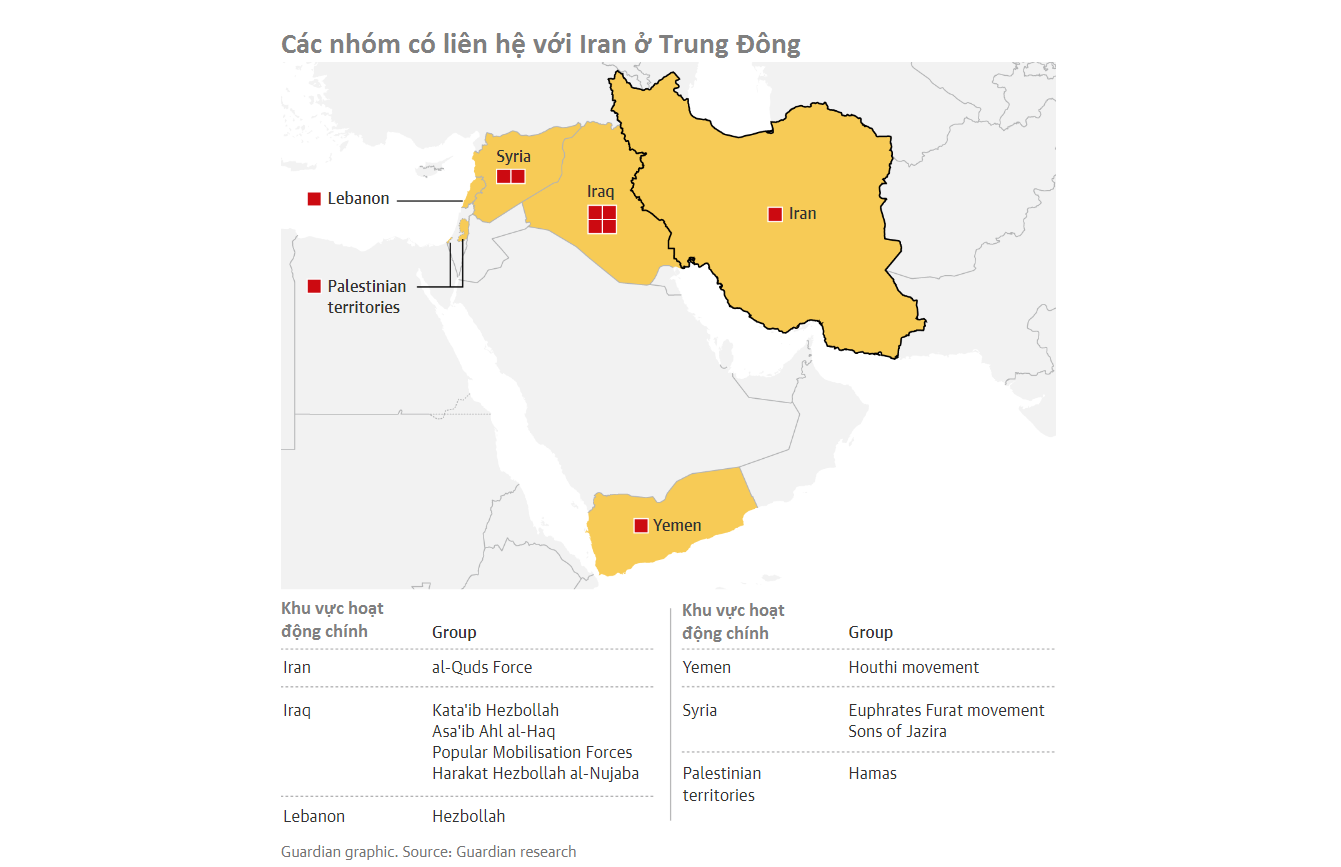
Iran-linked groups in the Middle East. Graphic: The Guardian
Some operations are in isolated areas that make communication difficult. Because of that distance, experts say Iran may be able to avoid major retaliation from countries whose forces and assets are targeted by militia groups.
Hamas's offensive on southern Israel last October led to a sharper outbreak of violence in the Gaza Strip that is spreading across the region, including Israel's northern front, US bases in Iraq and Syria and ships in the Red Sea.
Western and regional officials and analysts generally agree that Iran wants to avoid a direct military clash with the United States or Israel. But Tehran appears willing to use its proxies to attract and divert the military attention of these regional rivals.
Risk of escalation
Iran has been trying to open up its foreign policy to more countries over the past decade, especially after the US stepped up sanctions in 2018. It has tried to build ties with its Arab neighbors, including normalizing relations with Saudi Arabia in a China-brokered deal in March 2023.
However, neighboring countries have also been rebuilding relations with Israel, which worries Iran. In 2020, Israel signed the Abraham Accords with the United Arab Emirates (UAE) and Bahrain to normalize diplomatic relations, while a similar deal between Israel and Saudi Arabia is taking shape.
According to the Wall Street Journal, Iran's Quds Force, a branch of the Islamic Revolutionary Guard Corps (IRGC), wants to slow down normalization efforts.

Major General Hossein Salami (center, blue shirt), Commander-in-Chief of Iran's Islamic Revolutionary Guard Corps (IRGC), declared: "We will not leave any threat unanswered... We do not seek war, but we are not afraid of it." Photo: Anadolu Agency
While US intelligence believes Iran may have known about the Hamas operation, it does not have a precise timing or scope of the attack. Iran has worked with its former hostile neighbors Egypt, Saudi Arabia and the UAE to broker a short-term ceasefire in Gaza.
With political pressure mounting for more action, the US government is deciding its next options. But US officials understand that a wider conflict could result if Washington responds.
The main risk of escalation arises from a potential miscalculated attack by Iran and its proxies or by the US and its allies .
Minh Duc (According to CGTN, ABC Net News, Al Jazeera)
Source


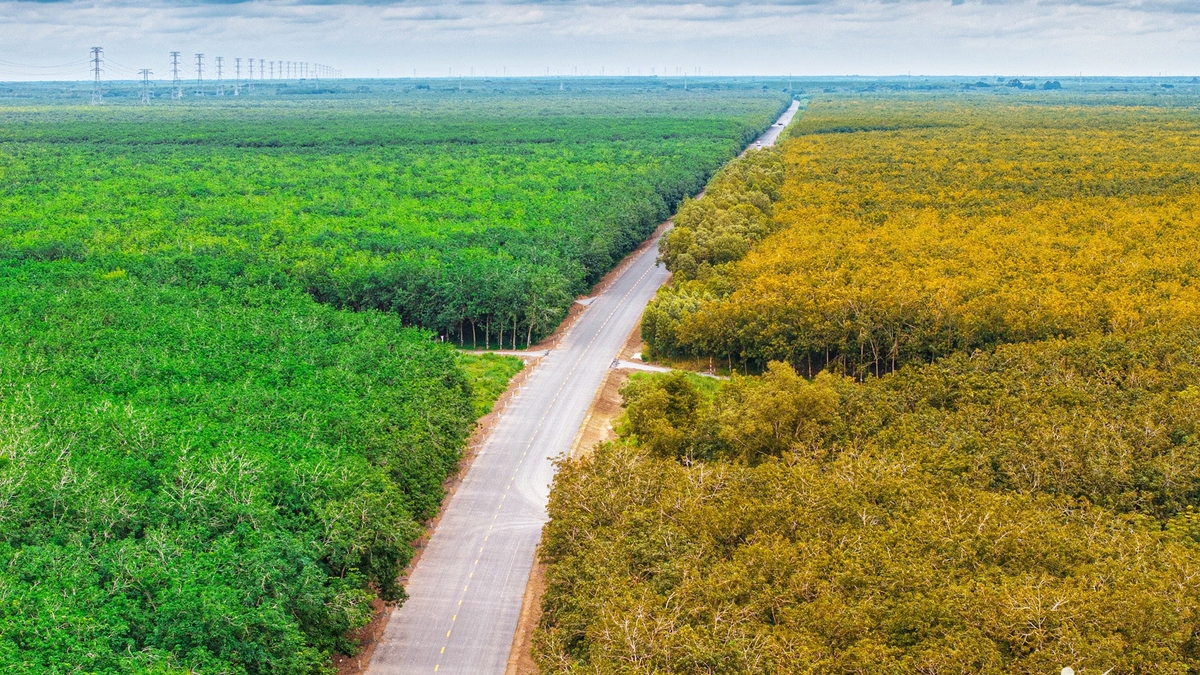





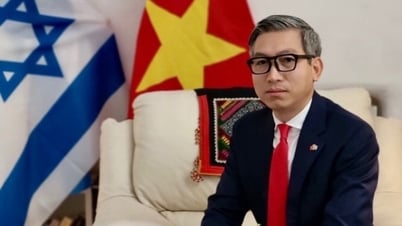



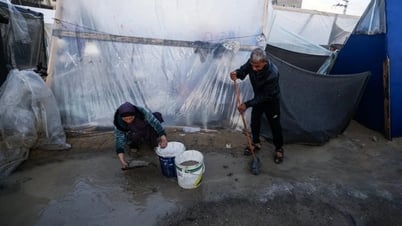

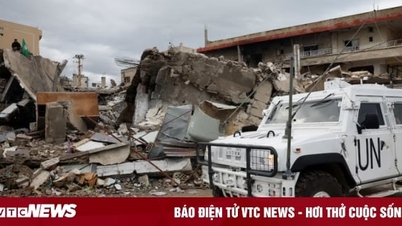


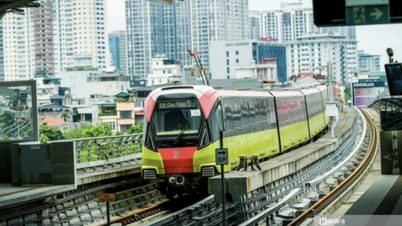

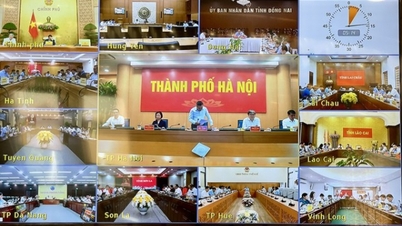
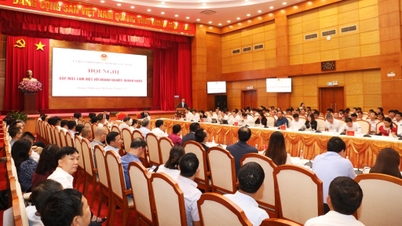
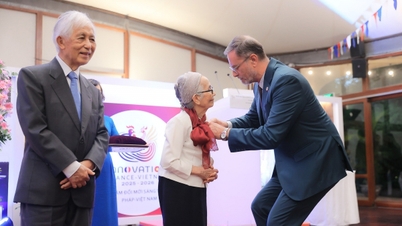
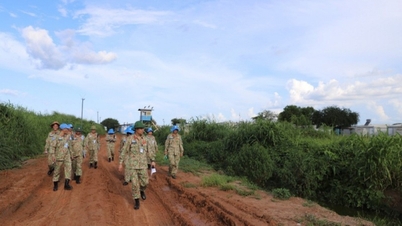












































































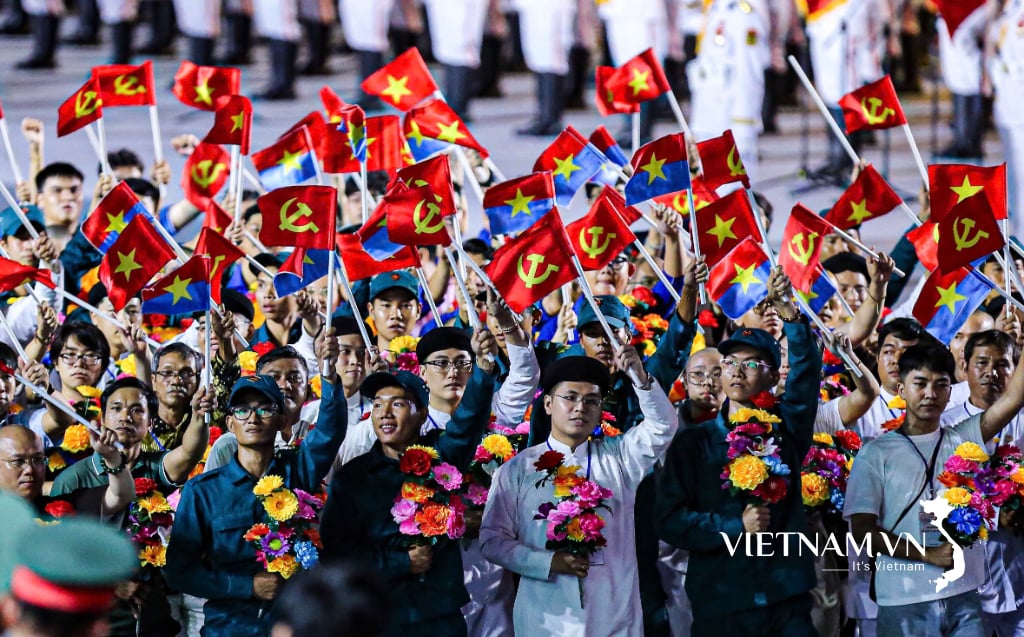


Comment (0)